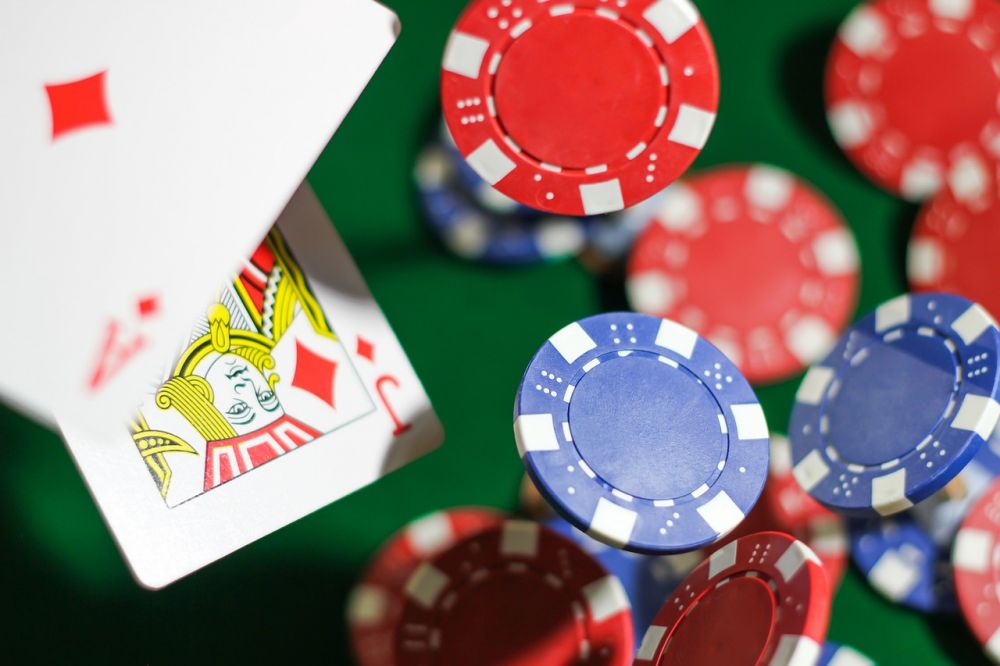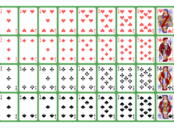Counting cards in blackjack is a popular strategy used by skilled players to gain an advantage over the casino

In this article, we will delve into this technique, providing all the essential information for individuals interested in casino games.
Introduction to Counting Cards in Blackjack
Counting cards in blackjack is a strategy that involves keeping track of the ratio of high to low cards remaining in the deck. This technique allows players to make more informed decisions, increasing their chances of winning. While it is legal to count cards, casinos frown upon this practice and may ask skilled players to leave their premises.
By counting cards, players can determine when the deck is rich in high cards, such as 10s and Aces, which are favorable to the player. Conversely, when the deck becomes rich in low cards, the advantage shifts to the dealer. This information allows skilled players to adjust their bets accordingly.
Historical Overview of Card Counting in Blackjack

Card counting in blackjack gained prominence in the 1960s when Edward Thorp, a mathematician, published his book “Beat the Dealer.” Thorp’s book provided a mathematical analysis of the game, outlining the first basic card counting system. This system, known as the Ten-Count, was straightforward and easy to use, making it accessible to many players.
In the following years, casinos introduced countermeasures to combat card counting, such as increasing the number of decks used and shuffling more frequently. However, skilled players adapted, developing more sophisticated counting techniques, such as the Hi-Lo system, which assigns point values to different cards. This system is still popular among players today.
The Importance of Card Counting in Blackjack
Card counting allows players to make informed decisions based on the remaining cards in the deck. By tracking the ratio of high to low cards, players can adjust their betting and strategy accordingly. Some of the key advantages of card counting include:
1. Increased Chances of Winning: Counting cards gives players a better understanding of the probabilities, allowing them to make more accurate decisions, leading to higher win rates.
2. Better Bankroll Management: Card counting enables players to adjust their bets based on the advantage they have over the casino. This helps manage their bankroll more effectively and avoid unnecessary losses.
3. Mitigating House Edge: Blackjack is one of the few casino games where players can reduce the house edge with the right strategy. Card counting provides players with an edge, tipping the odds in their favor.
How to Count Cards in Blackjack
Counting cards may sound complex, but with practice and dedication, anyone can learn this technique. Here is a simplified step-by-step guide to get you started:
1. Assign a point value to each card: Use a card counting system, such as the Hi-Lo system, where 2-6 cards are assigned a +1 value, 7-9 cards have a 0 value, and 10-Ace cards are assigned a -1 value.
2. Keep track of the running count: As each card is dealt, add or subtract the assigned value from the running count. This count represents the ratio of high to low cards remaining in the deck.
3. Calculate the True Count: Adjust the running count based on the number of decks remaining in the shoe. Divide the running count by the estimated number of decks to get the true count.
4. Adjust your strategy and betting: Increase your bets when the true count is positive, indicating a deck rich in high cards. Decrease your bets when the true count is negative or close to zero, indicating a deck rich in low cards.
Remember, card counting requires practice and concentration. It is essential to maintain a low profile while playing in a casino, as being caught counting cards may result in being banned from the premises.
Conclusion
Card counting is a powerful technique that can give players an edge in blackjack. While it requires dedication and practice, the potential rewards make it worth the effort for those who enjoy the strategic aspect of casino games. However, it’s important to remember that casinos discourage card counting and may take measures to identify and exclude skilled players. As with any gambling strategy, responsible gaming and adhering to the rules and regulations are crucial for a positive and enjoyable experience.





















